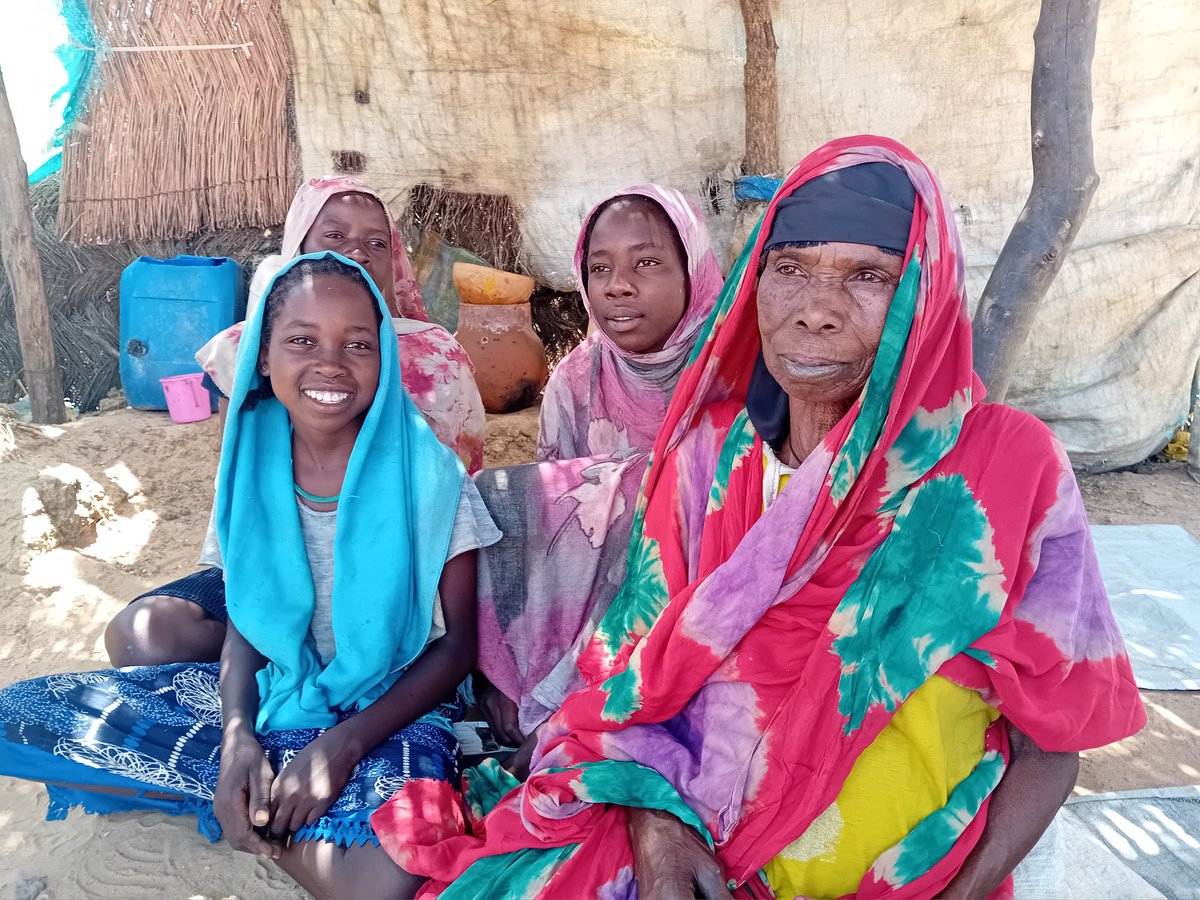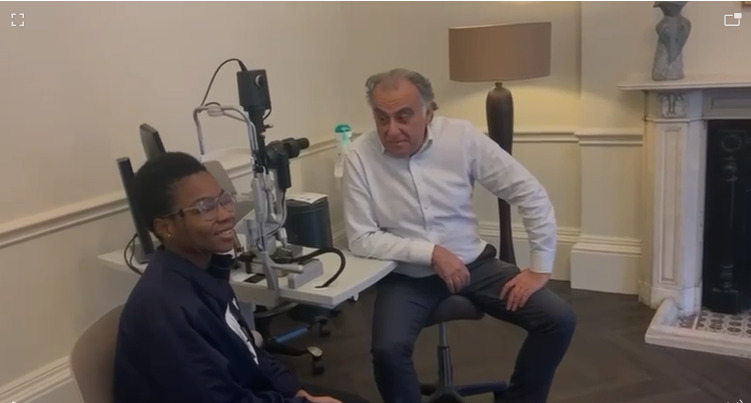How Scottish Government funding is allowing those in Sudan to rebuild from catastrophic civil war
By Beatrice Roy
Copyright scotsman

A total of 150,000 people – the entire population of Dundee – has been killed in violent, sectarian conflict. Imagine that news headline seen by readers on the other side of the world. What reaction might that provoke? It might be a bit of a stretch, but that what has been happening and it still happening in Sudan, where a catastrophic civil war that started more than two years ago is still raging. The conflict is not only killing that scarcely believable number of people, but also leaving an estimated 25 million people acutely short of food, with famine conditions confirmed in several areas. The United Nations also recently estimated the scale of movement of so many people fleeing the violence has left 17 million children out of school and millions suffering from acute malnutrition. This is almost certainly the greatest humanitarian crisis of our generation, unfolding largely unreported due to our limited attention and appetite for bad news when many of us are increasingly anxious about polarisation in our own communities here in the UK and the crises in Ukraine and Gaza. Get the best Scottish news, straight to your inbox – subscribe to our daily newsletter This catastrophe was triggered in April 2023 when an intensely violent power struggle broke out between the Sudanese government and its paramilitary rivals, the Rapid Response Forces (the RSF). Fuelled by years of tribal and religious tensions and competition for control of minerals like gold and increasingly precious land for food production, the ferocity of the conflict has forced more than 11 million people away from home within the country, with a further 3.5 million now seeking refuge across Sudan’s borders in already extremely fragile countries like South Sudan and Chad. Up until this point, the response of the international community has been woefully inadequate, made worse of course by the Trump administration’s huge cuts to the US aid budget, already decimating the supply of life saving of food and medical support. Against this depressing backdrop every bit of support, however modest, is vital. And we are hugely heartened that throughout this protracted crisis, our work in the region has been supported by the Scottish Government and is about to be boosted once again. Through the Humanitarian Emergency Fund (HEF), Tearfund, Christian Aid and other Scottish charities have been funded throughout the conflict to reach some of the most vulnerable populations who’ve had to flee their homes to find safety or food for their children. Despite extreme logistical and safety challenges, this funding has enabled our expert local partners to save and protect lives and give hope for some kind of future for those that have lost just about everything. In Chad, Tearfund has used £225,000 of Scottish Government funding to provide small cash transfers in the Zabout border refugee camp, which not only address immediate priorities like food and other essential household needs, but has also helped women, in particular, to rebuild their lives with dignity. Naima, who has two daughters, arrived in the camp after fleeing violence in Darfur, west Sudan. “When our village was attacked, I took my mother on a donkey and my daughters to flee to Chad, and we reached the border in the dead of night,” she said. Tragically, Naima’s mother was exhausted and died shortly after their arrival. But with cash support Naima and her children have been able to get back on their feet. As well as food aid, she says: “With this money, we can start a small spice business, which will help us become financially independent, and will enable us to meet our small daily needs.” In conflict conditions, women and children are particularly vulnerable to violence from men often accompanied with horrific sexual abuse. So funding has also been used to provide psychological support for ongoing trauma and to help victims regain confidence and their sense of purpose. In male-dominated cultures, training has also helped leaders to promote equality and improve safety for women and their families With a further £125,000 now being awarded to us by the Scottish Government, we can extend our work within Sudan, close to the heart of the conflict in Darfur. Here, agriculture has collapsed and there is extreme hunger. Disease is on the rise and sexual violence is used systematically as a weapon of war. In the coming months, this project will provide cash assistance to around 4,500 people, with a projected 10,000 people helped to understand and combat gender-based violence. Set against the huge ongoing challenges for the people of Sudan and the wider region, this work can only go so far, but we are incredibly grateful to the Scottish Government for this furthers support through the Humanitarian Emergency Fund. It means our local partner can stand alongside families in East Darfur who have lost everything, providing life-saving food, protection, and psychosocial support. It is a powerful reminder of the importance of global citizenship and solidarity. When we work together, we can bring hope and dignity to communities facing unimaginable hardship.” – Beatrice Roy is the head of Tearfund, a Christian charity that partners with churches in more than 50 of the world’s poorest countries.



